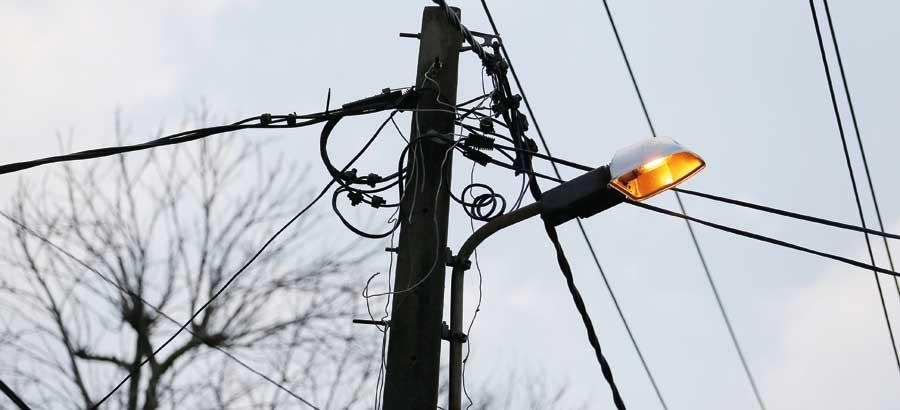Tariff hike puts CEB, Petroleum, People’s Bank and BOC in trouble

The Minister of Energy recently increased the electricity tariffs by 1200 % to cover the losses of the Ceylon Electricity Board (CEB). General Secretary of CEB Trade Union Alliance Ranjan Jayalal recently made a revelation about the politicians who have not paid their electricity bills while the burden is placed on the public to cover the losses incurred by the CEB. He also revealed names of the ministers who did not pay their electricity bills. He said that the CEB should collect a massive sum of 420 million rupees from 54 ministers who haven’t paid their electricity bills, due on 13 November 2022. It was also revealed that the heads of the security forces too haven’t paid their electricity bills amounting to more than 5 billion rupees. The latest audit report revealed that the general consumers have to pay 2000million rupees to the CEB.
Usually, if you don’t pay the bill after using electricity, the electricity supply will be disconnected. If the bill isn’t settled the CEB would take away the metre after three months. However, electricity will be restored to the same house under a different name. But during the re-supply of electricity, the unpaid amount will not be charged. As a result the amount to be collected from the public so far is 200 crore rupees, according to the latest Audit Report. Following an investigation it was revealed that the ministers and some officials of the security forces have arranged to pay the electricity bills in instalments and through government ministries.
The CEB should collect the remaining amount from those who have not paid the electricity bill. CEB Trade Union Collective Chairman Malaka Wickramasinghe said that instead the CEB authorities are oppressing the innocent who pay electricity bills and trying to cover their losses.
The CEB imposed power cuts mantaining that there was no coal, naphtha and diesel to generate electricity. Now the CEB provides continuous supply of electricity by increasing electricity tariffs excessively. In increasing the electricity tariffs the electricity bill has been increased by 1200 percent for those who use the lowest number of units and there is an increase in price by 200 percent for those who use the highest number of units. In Sri Lanka, the cost of producing hydroelectric power is 2.76 rupees per unit of electricity. A unit of electricity costs around 12.76 rupees along with the wages of CEB employees and all other expenses. Wickramasinghe said that even if a unit of electricity is sold at 15 rupees, it is still profitable for the CEB.
According to the power generation plan mapped out by the CEB this year, 4500-gigawatt hours can be generated from hydroelectricity. About 2500 gigawatt hours are required for this year to provide electricity to all consumers who use less than 90 units. That leaves another 2000 gigawatt hours. Before the electricity tariff hike, the electricity bill of those who use less than 30 units was only 130 rupees. But now with the bill increase, the amount will increase to 1500 rupees. That is a 1200 percent increase. But the bill of those who use a high number of units has increased by only 200 percent. It is a slight increase. Earlier, the lowest income earners and those who live on income support of 500 rupees paid an electricity bill of 130 rupees. With the increase, they have to have three months’ income to pay the bill for one month. Those who use less than 30 units of electricity only use a bulb at home. People who use a television or charge a phone consume two units of electricity per day. Those who use a refrigerator consume four units of electricity per day. Wickramasinghe said that using an electric iron costs about 120 units per month.
